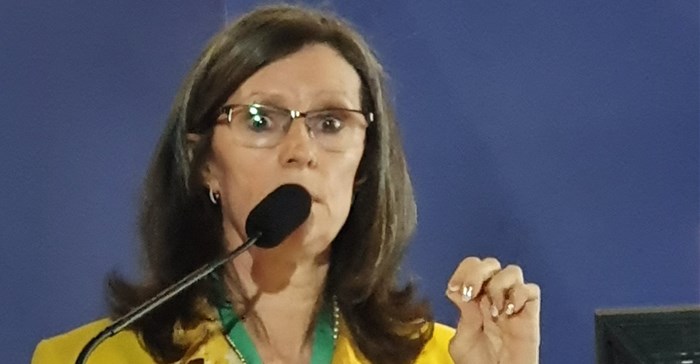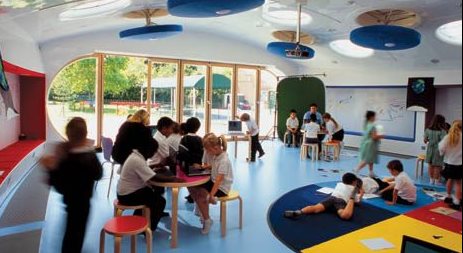#AfricaCom: Beyond fintech, where humans and technology meet

Speaking at the AfricaCom conference in Cape Town, she explained that there are five lessons to be learned from fintech.
- Understanding the target clients' needs and desired outcomes
- Solve a problem for your clients
- Get user feedback throughout the development process
- Form strategic partnerships
- Build a culture of innovation
"In the beyond world, there is a blurring of the physical and virtual, and the 'beyond' principles are either people-centric or smart spaces," she said.
The people-centric principles cover hyper-automation, multi-experience, ease of access, human augmentation and skills and knowledge, while the smart spaces include Darq (distributed ledger technology (DLT), artificial intelligence (AI), extended reality (XR) and quantum computing) technologies, data proliferation, autonomous things, collaborative innovation and workplace changes.
Smuts said that she tried to find case studies to highlight the opportunities for technology in agriculture, healthcare and education. "In agriculture, there is lots of development, but no case studies. In healthcare, the first middle ear transplant has been performed using 3D printing, and robotics for surgery."
Education
Smuts focused on the education opportunities, reiterating that many of the jobs of the future haven't been thought of yet and attributes for 'future-ready' graduates should include:
- Ability to learn, unlearn and relearn
- adaptability and resilience
- problem solving
- critical thinking
- creativity
- collaborative skills
- intercultural literacy
- digital literacy
- environmental awareness
- ethical orientation
In addition, she said to meet these criteria, the classroom of the future needs to change.

"As the 4th industrial revolution reshapes the future of work, businesses must prepare their people for the new world that lies ahead. This often means an increased focus on continual learning, building more on-ramps to new types of jobs, and a commitment to diversty," Smuts concluded.







































